Manchester Collections

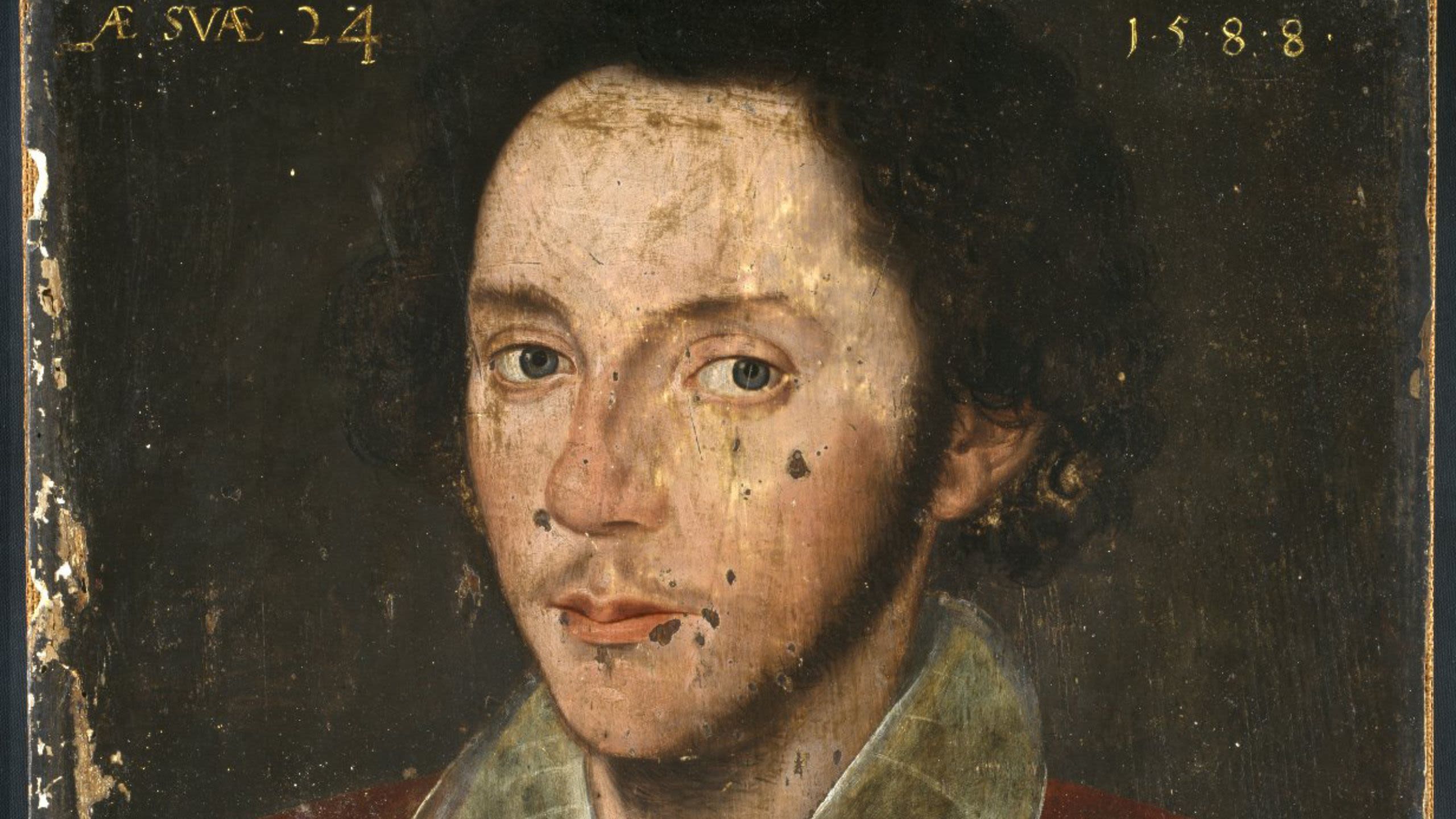
Rylands exhibitions
The John Rylands Research Institute and Library held several exhibitions in 2021/22, showcasing the Chinese collection, the Dante collection, and the British Pop Archive.
In October 2021, the exhibition Qing: China’s Multilingual Empire opened featuring new research funded with support from the Confucius Institute. The exhibition was co-curated by Dr Johannes Lotze (Postdoctoral Researcher, Hebrew University of Jerusalem) drawing on his report covering the strengths and highlights of the Rylands’ Chinese collections.
The exhibition displayed key items from the collection including Crawford 419, a Qing scroll that is over 20 metres long. Accompanying the exhibition was a digital interactive screen, which enabled visitors to explore the full length of the Qing scroll with additional interpretation written by Dr Anastasiia Akulich.
To further promote the exhibit, we developed an events programme, which included curator tours, led by Senior Lecturer in Chinese Culture and History Dr Gregory Scott, and a collections event to allow visitors to explore a second Qing scroll from the collection.
The Rylands opened Designing Dante in March 2022. This exhibition explored how Dante’s Divine Comedy has been designed on and beyond the page in the 700 years since his death. The exhibition comprised of the Rylands’ rich Dante collections including the first printed editions from 1472. Curated by Dr Guyda Armstrong, Senior Lecturer in Italian Studies, the exhibition drew on research interest in multimedia representations of Dante’s work. Public events expanded on this theme through a film screening silent film L’Inferno (1911), a contemporary soundscape by Cities and Memory, and a new site-specific installation by sound artist Sophie Cooper.
May 2022 saw the opening of Collection: Launching the British Pop Archive, an exhibition on stories from the new archive reflecting Manchester’s vibrant cultural scene. Co-curated by Jon Savage, newly appointed Professor of Pop Culture, the exhibition displays rare and unique items relating to bands like Joy Division, The Smiths, New Order, and key industry organisations like Granada Television, Factory Records and The Haçienda. In Autumn 2022, we delivered an events programme in partnership with Creative Manchester.



Note from Mary Delany to Mary Hamilton from the Mary Hamilton Papers, date not identified.
Note from Mary Delany to Mary Hamilton from the Mary Hamilton Papers, date not identified.
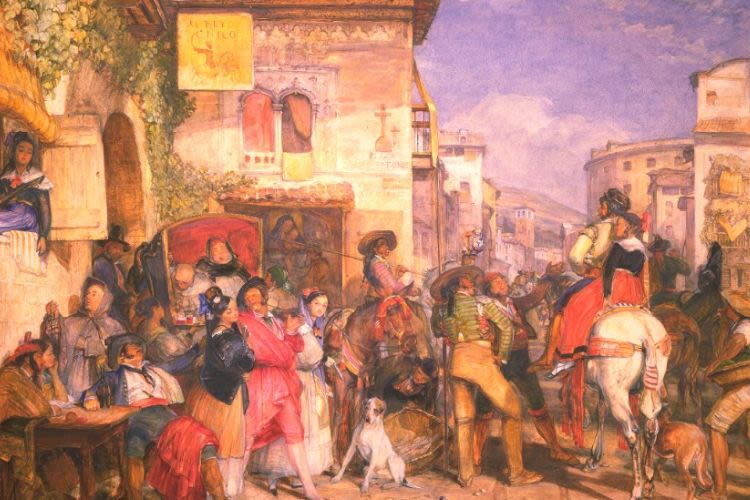
Spanish Fiesta, Lewis, John Frederick, 1805-1876
Spanish Fiesta, Lewis, John Frederick, 1805-1876
Manchester Digital Collections
2021/22 marked the shift from the initial funded Research Lifecycle Manchester Digital Collections (MDC) project and into embedding MDC as a service available to researchers and staff across the University.
There have been 14 major content releases on MDC, doubling the number of items with more than 200,000 images now available. One of the major achievements of the year has been the launch of the digital edition of the Mary Hamilton Papers. This multi-year Arts and Humanities Research Council (AHRC) funded project is now coming to its conclusion after significant collaboration between the research team and Library. A significant amount of work has gone into developing high quality viewable transcriptions of the letters that users can interact with to identify editorial features and key historical characters mentioned in the letters. In addition to this, the MDC development team have developed a vastly improved homepage for the edition which allows users to view summaries of each letter and to search and filter the collection by title, author, date and several other key parameters.
Work is continuing to develop our second major digital collection of the Heinrich Simon papers, funded by the Leverhulme Trust as a partnership between the researchers and Library colleagues. Developers have been creating an innovative workflow for this project to enable curators to add key metadata and transcription-related data using MS Word documents. These documents are then automatically converted into TEI and system-ready formats ready for ingestion into MDC. This has been critically important in supporting the project curators who were unable to work directly with MDC-friendly formats. We look forward to the launch of this digital edition in 2023.
We have also been working closely with the Manchester Museum and the Whitworth Gallery to bring further collections from these cultural institutions into MDC. This year marks a step-change in our digital special collections offer, combining the significant success of our new platforms to create a new digital infrastructure for researchers to access, interact with, and create new digital collections.

Manchester Digital Exhibitions
Manchester Digital Exhibitions (MDE) continued developing and delivering a range of online exhibitions. Researcher-led exhibitions drew on Special Collections including Travels in Japan and The Many Faces of the Rylands’ Jewish Manuscripts. The latter was the culmination of a multi-year externally funded project to digitise, catalogue and make available (on MDC) over 200 of the Library’s most important Jewish manuscripts. The exhibition provided access to the final research in an accessible format for an international audience and the first collection to make full use of our sector-leading digital infrastructure.
The creation of an online exhibition for the Cultures of Anti-racism in Latin America project was a useful test case for building multi-media and multi-language sites, as well as using exclusively non-special collections content. Learnings from developing these exhibitions has informed plans for a two-tier online exhibition service, beginning with the creation of self-service templates for online exhibitions which will launch in 2023.
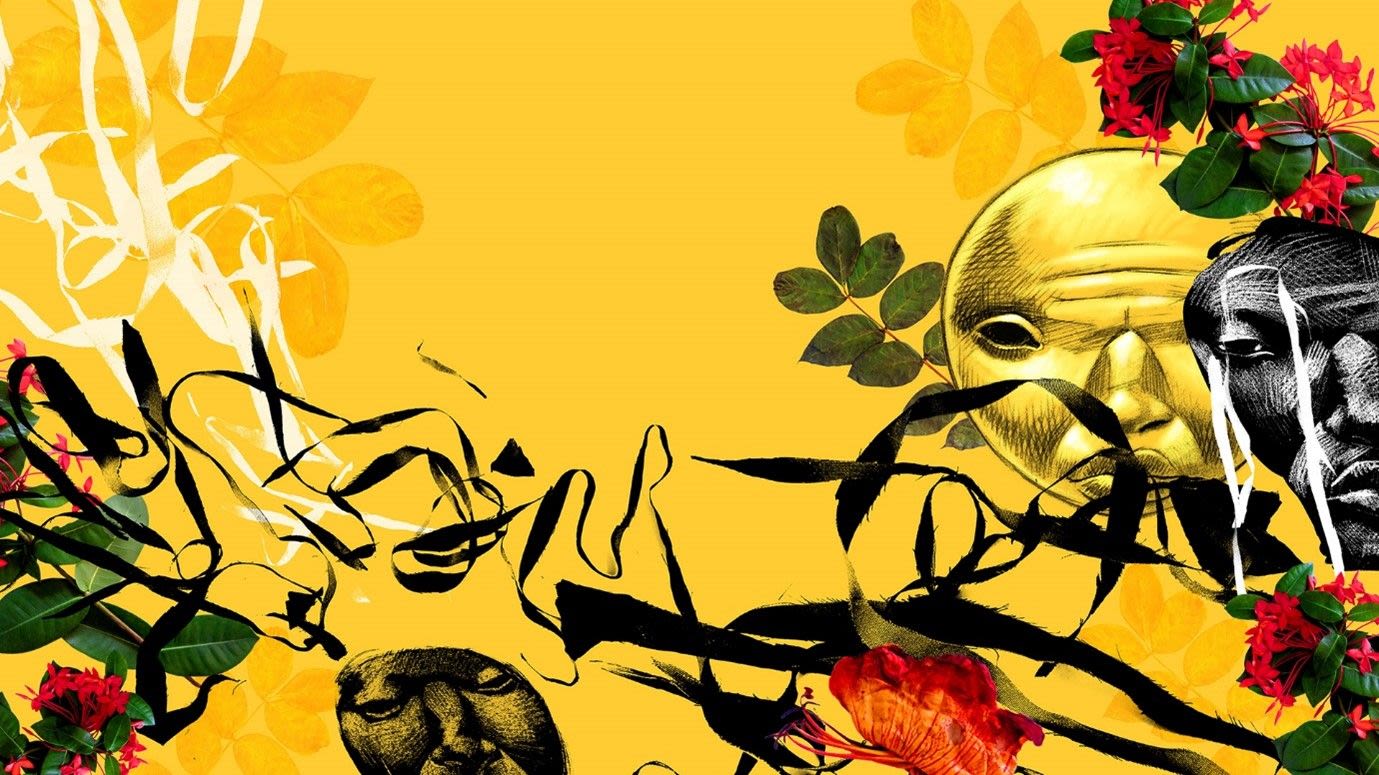
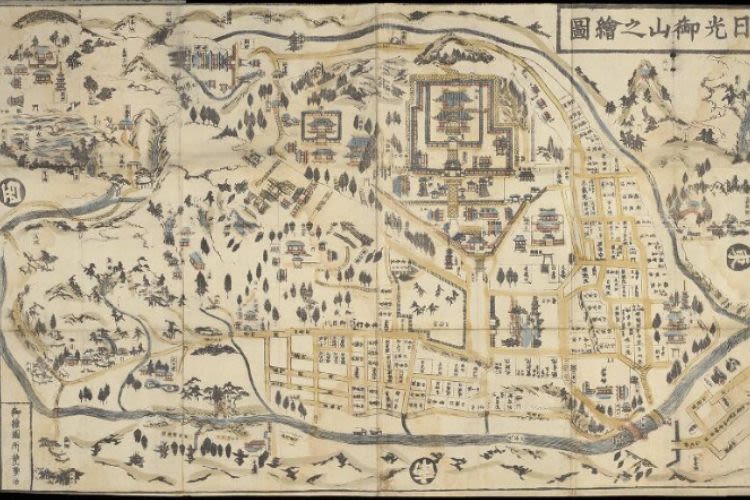
Manchester Modern Collections
The Library continues to purchase a wide range of high quality physical and digital resources to support and advance research, teaching and learning across the University. In 2021/22 we added 6,000 print books and 5,000 eBooks to our collections. The unusually high share of print resources (55%) resulted from our purchase of a large tranche of content that we were unable to secure during the pandemic. We also bolstered our eBook offering by adopting five Evidence-Based Acquisition schemes, making an additional 200,000 titles accessible to our users for 12 months. We selected key titles to own at the end of this period.
Last year, UK Research and Innovation’s (UKRI) policy included a new requirement for books and book chapters published from 1 January 2024 to be made open access (OA) within 12 months of publication. The Library has helped to support this change in direction within scholarly publishing in several ways, including new subscriptions to a variety of innovative, sustainable, OA book models. These schemes have already resulted in newly published material being made available on an open access basis. One scheme, the MIT Direct to Open Model, which has met its target for institutional crowdfunding, has confirmed that “all of the titles in the Direct to Open model for the calendar year will be published open access for readers around the globe to enjoy and share”.
As part of the Library’s work to support sustainably funded OA book publishing and distribution, the Metadata and Discovery Team are working with OA publishers and organisations such as OAPEN’s Open Access Books Network, COPIM’s Open Book Collective and OCLC to advocate for the provision of high-quality bibliographic metadata records for open content. This work to improve workflows and technologies for ensuring the discoverability and accessibility of open access books will continue into 2023 as we test and implement a metadata feed for the Directory of Open Access Books (DOAB) using the Open Archives Initiative Protocol for Metadata Harvesting (OAI-PMH).
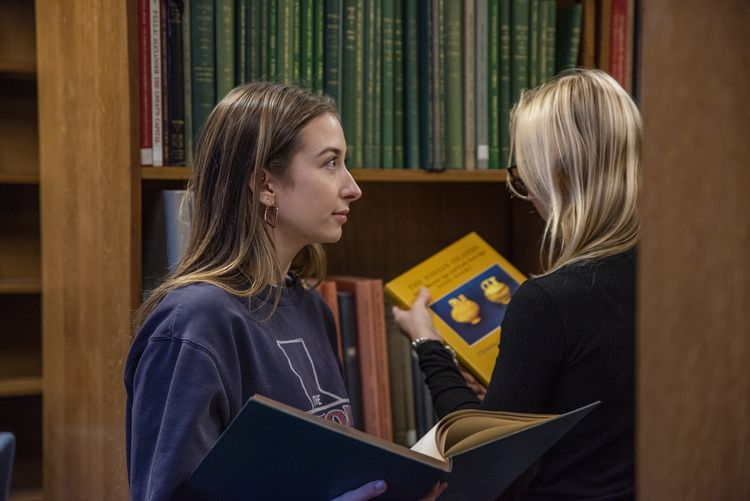
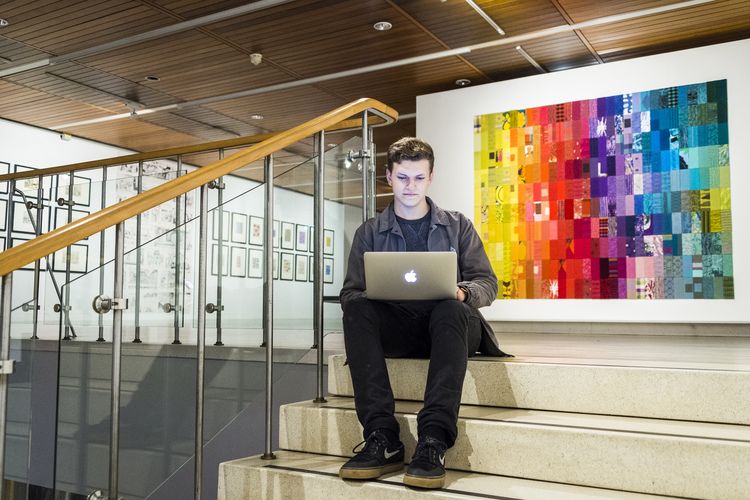

Greenglass
Our modern collections are extensive and complex, having been built up over decades and located across several library sites. To understand and manage our modern collections better, we have invested in a comprehensive collections analysis service provided by the GreenGlass tool. GreenGlass is an interactive, web-based application that provides insights to help manage sustainable collections.
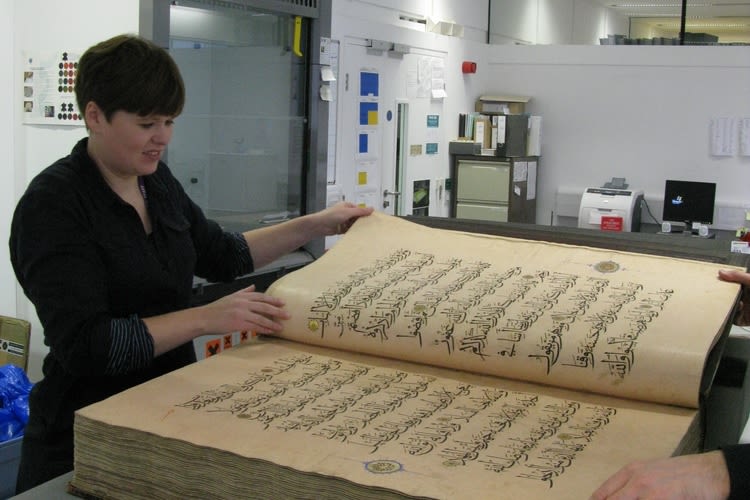
We have submitted about 1.5M of our bibliographic records, which have been filtered to match against library holdings in the global WorldCat catalogue. The resulting data snapshot has allowed us to profile our own collections in many ways, e.g. age, format, and usage. It also allows for some benchmarking so we can see the extent to which our collections are unique in comparison to other libraries and groups of libraries.
We have access to the interactive aspects of the service for two years and will be performing more data analysis offline in the Collection Development & Management Team. One important aim of the exercise is the categorisation of our modern collections, defined around broad subject areas and along the lines of ‘flagship’, ‘heritage’, or ‘teaching and research’. This will all help provide evidence for decision-making across a wide range of collection care, development and management activities.

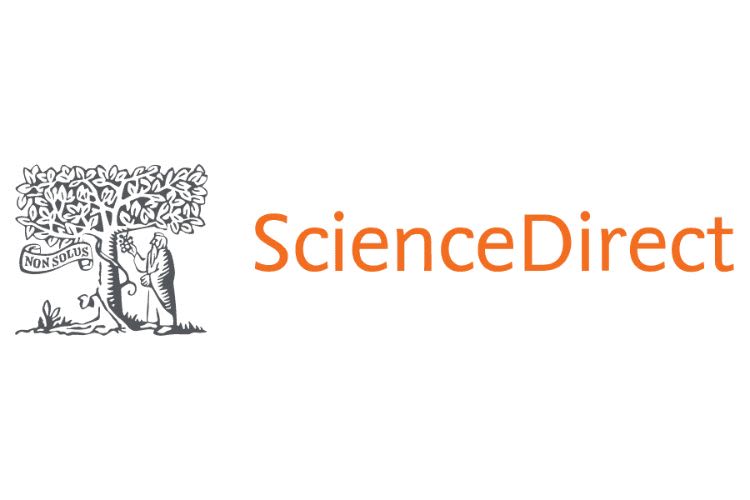
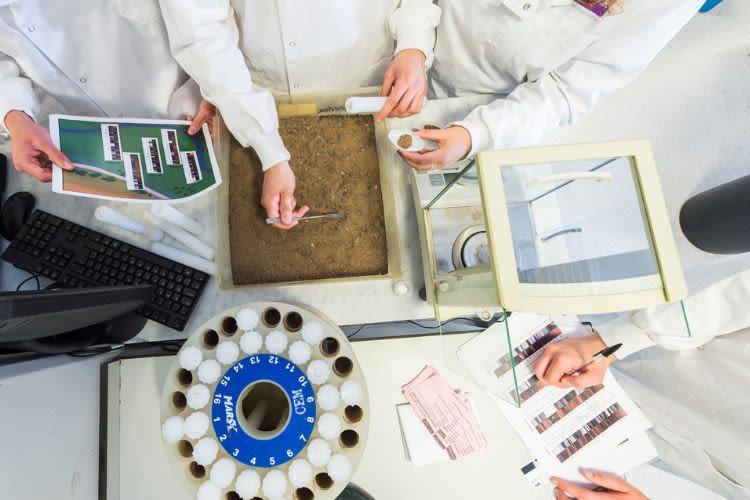
The University of Manchester and Elsevier ScienceDirect negotiations
Universities UK (UUK) unanimously accepted Elsevier’s seventh proposal in Spring 2022, which met the challenging negotiation requirements set by the sector. UUK and Jisc led the negotiations around renewing the deal.
The aim was to provide full and immediate open access to UK research, and to reduce costs to levels that the sector could sustain. The Library coordinated the University's contribution to those national discussions and worked with representatives from all academic disciplines via the University’s Open Research Strategy Group.
To put ourselves and the UK academic library sector in the strongest negotiating position possible, the Elsevier Negotiations Project collaborated with Jisc, as well as N8 members (universities of Durham, Lancaster, Leeds, Liverpool, Manchester, Newcastle, Sheffield and York) and Research Libraries UK members (together known as ‘N8+’) to develop a strong ‘Plan B’ scenario that would allow us to walk away from the Elsevier ‘big deal’ collectively if needed.
The new agreement:
- Reduces the total sector spend by £14m (27%), by providing a 15% reduction on subscription spend to all universities, as well as removing £7.2m of expenditure on open access (OA) publishing charges
- Enables unlimited and immediate open access publishing in Elsevier’s subscription journals, including the Lancet and Cell Press titles; this provides a 15% reduction and price cap on publishing in Elsevier’s fully open access journals
- Makes it the world’s largest open access agreement, unique in the level of savings and OA coverage
Negotiating this agreement with Elsevier is, however, just the beginning. During the life of the deal, we intend to work with Jisc and colleagues in other institutions to address the concerns we shared during the negotiations.

AIU RACE Centre Archive records and collections
The Ahmed Iqbal Ullah RACE Centre’s archive collections were successfully migrated to a new system in June 2022. The implementation of the archives module within Spydus (the library management system used by Manchester Central Library where the AIU RACE Centre is located) provides a robust solution for the cataloguing and management of the Centre’s archive collection records.
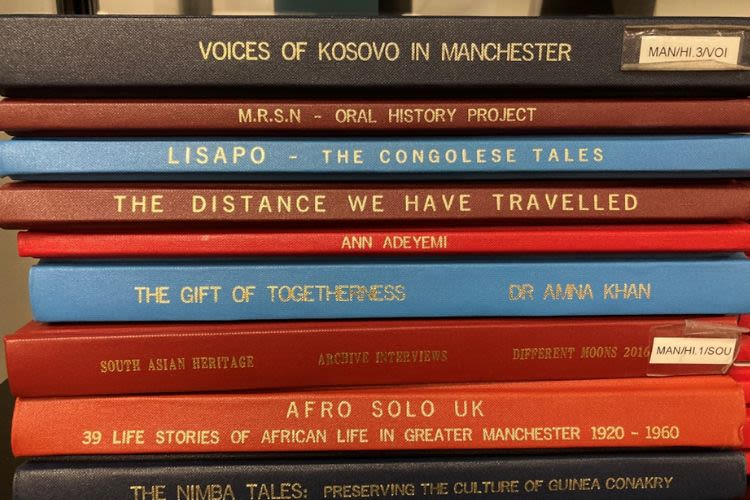
A new dedicated page for the Ahmed Iqbal Ullah RACE Centre’s collections has also been created within the Manchester Libraries and Archives catalogue, allowing key resources to be highlighted and acting as a gateway to the centre’s specialist collections.
Additionally, the Library has also been able to enhance the quality of the AIU RACE Centre records available in our own Library Search. A new automated process has been developed which allows a monthly import from Spydus into Library Search, ensuring our own discovery platform also remains up to date with details of the RACE Centre’s library and archive collections, and with richer quality records.

Christian Brethren Collection
The Christian Brethren Archive was established at The University of Manchester in 1979 and is now the largest and most significant collection of Brethren material in the world. This huge resource spans over 250 years. In 2021/22, we completed a project to set up a new collection on LUNA (Library Digital Collections 'LDC') to house the digitised items from The Christian Brethren Archive.

Alfred and George Gardner with gospel caravan used in Herefordshire, from the Christian Brethren Collection.
Alfred and George Gardner with gospel caravan used in Herefordshire, from the Christian Brethren Collection.
The outcomes of the project have had a significant impact, the benefits include the following:
- Easy browsing via a discrete Brethren collection with its own landing page
- Easily collated statistics due to the Brethren archive having its own collection. This information will inform future work with the archive
- The addition of specific tailoring of the collection in LDC (addition of content warnings, take down policy and sorting protocols as requested by the curator)
The Christian Brethren Archive Advisory Group wholeheartedly supported the new LUNA collection developments, and a new precedent has been set for Special Collections curators to be empowered to be involved in the way their archives appear in LDC going forward.
LUNA now holds over 2,000 Brethren items. Individual items include personal papers, pamphlets, tracts, periodicals, images, and printed books presented as bookreader objects.
